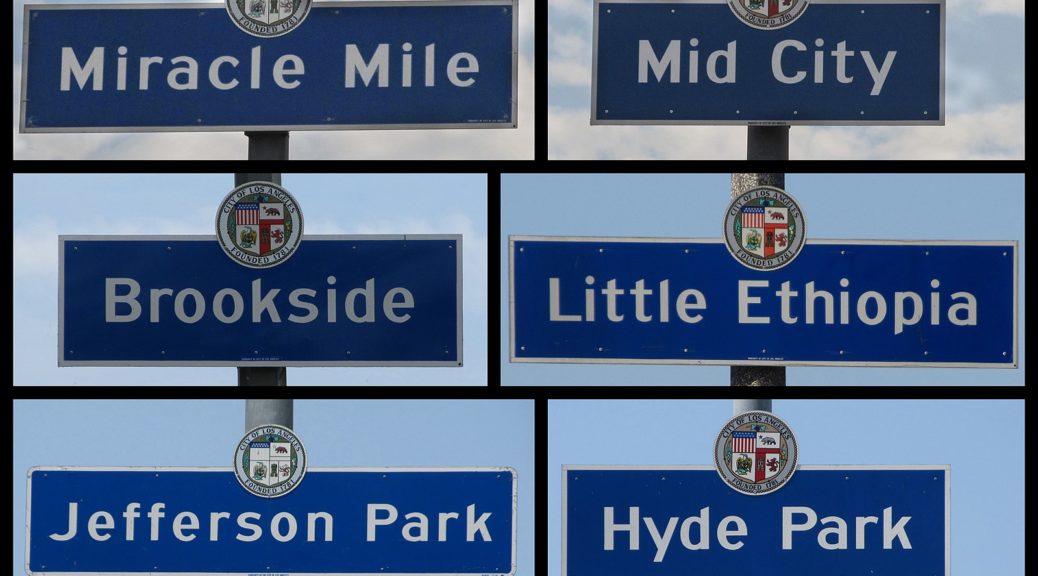By Sarah Joh
Culture shock is an expected side effect that comes with being a newcomer in a new place. But as my move to Los Angeles has taught me, there is more to culture shock than simply being confronted by a barrage of unfamiliarity.
Take, for example, Koreatown – which, for me, is a welcome offcampus destination that hinges on the spontaneity of friends with with cars. Thanks to its proximity and its food, Koreatown (or K-town) is a common outlet for USC students; a stroke of luck for your truly, as it provides me with the gratification of feasting on the closest thing to my mom’s home cooking. However, in addition to belly-splitting meals, the road to Koreatown also promises a much different form of cultural experience.
Driving down Hoover Street, you will pass a laundromat that informs passersby of its title in three different languages – English, Spanish, and Korean. Likewise, even as the title “Koreatown” points to the cultural composition of this particular region of LA, stores catering to Latin-American populations rest side-by-side with their Korean counterparts. As you drive down certain roads, you can observe the frequency of this cultural mixing increase until, suddenly, you are in an area peppered less with Korean barbeque restaurants and more with hole-in-the-wall taco joints. The way these two cultures seamlessly bleed into each other leads me to wonder how such culturally different communities came to coexist side-by-side.
This is the unique, patchwork beauty of Los Angeles. The rapid scenery changes, from gilded facades of affluence to ramshackle buildings with caged windows, from one ethnic enclave to the next, from tall concrete and glass jungles to one-storied plains, is both shocking and wonder-provoking. Los Angeles is anywhere and everywhere mixed together and spread out throughout the urban sprawl. Converging in this one city, different cultures come to exist side-by-side, as well as intermingle with each other.


